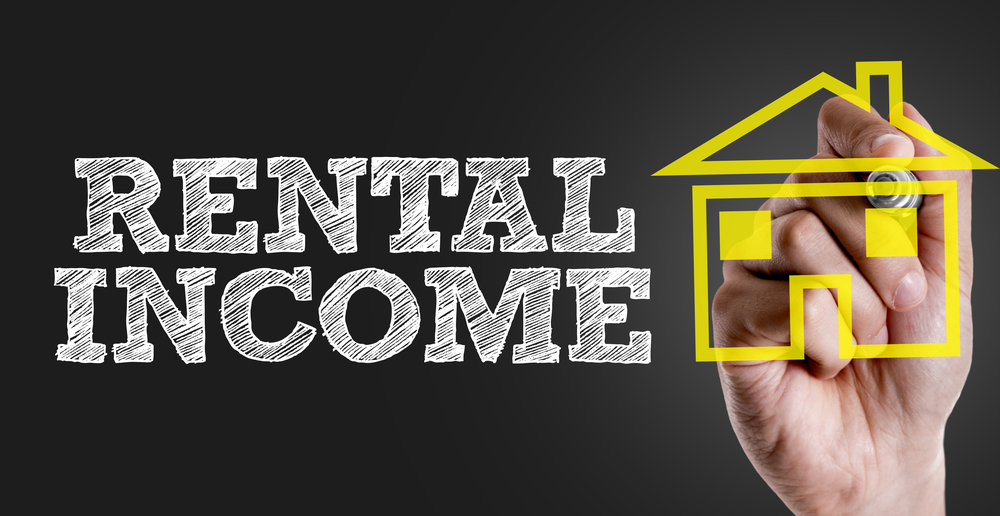
written by Kevin Hogan
Reporting income from renting out your second home depends on how many days the property was rented out at a fair rental rate, and how many days the property was used personally. Related expenses you can deduct against the rental income will need to be divided between the rental use and personal use, and as discussed below, may be limited.
Second Home Rented less than 15 Days
Rent your second home for less than 15 days and you do not have to report the rental income on your tax return. Your second home will be considered a personal residence and you qualify to deduct all of your real estate taxes and qualified home mortgage interest. But, like your primary residence, you can’t write off any of the costs such as utilities, insurance, and repairs.
Second Home Rented more than 14 days
Rent your second home for more than 14 days and all of the rental income you receive must be reported on your tax return. You can deduct rental expenses (mortgage interest, property tax, property insurance, repairs, etc.) against the rental income, but you will need to allocate those costs between the days the property is used for personal purposes and the days it is rented at fair rental rates.
Related Post: Final IRS Regulations Create Safe Harbor for Rental Real Estate
Only actual days of personal and rental occupancy are counted towards the expense allocation. Days of vacancy are ignored. Personal use means use by you, other family members, and anyone else who pays less than fair rental rates.
Personal Residence
Your second home will be considered a personal residence when you use the property more than the greater of 14 days or 10% of total days rented to others at fair rental rates. In this case, you can only deduct apportioned rental expenses up to the rental income. Deductions not allowed due to the rental income limitation are carried forward to subsequent years and may be used when the property has sufficient income to cover the expenses.
The personal portion of qualified mortgage interest and property taxes can still be deducted as an itemized deduction.
Rental property
Your second home will be considered a rental property, and not a personal residence, when you use the property less than the greater of 14 days or 10% of total days rented to others at fair rental rates. In this case, you can deduct all of the apportioned rental expenses in the year incurred. However, when you have a rental loss, it will be covered by the unfavorable passive loss rules, which may limit the loss deduction for the year.
Related Post: What is the Qualified Business Income Deduction?
Under the general passive loss rules you can currently deduct passive losses only to the extent of other passive income, such as other rental properties. You can deduct the carryover losses when you have enough passive income in the future years or when you sell the property. The personal portions of qualified mortgage interest and property taxes can still be deducted as an itemized deduction, but the personal portions of the remaining expenses are not deductible.
Contact The Whitlock Co. to request a consultation if you have any questions about reporting rental income We serve Kansas City, Springfield, and Joplin in Missouri. Call 417-881-0145.

